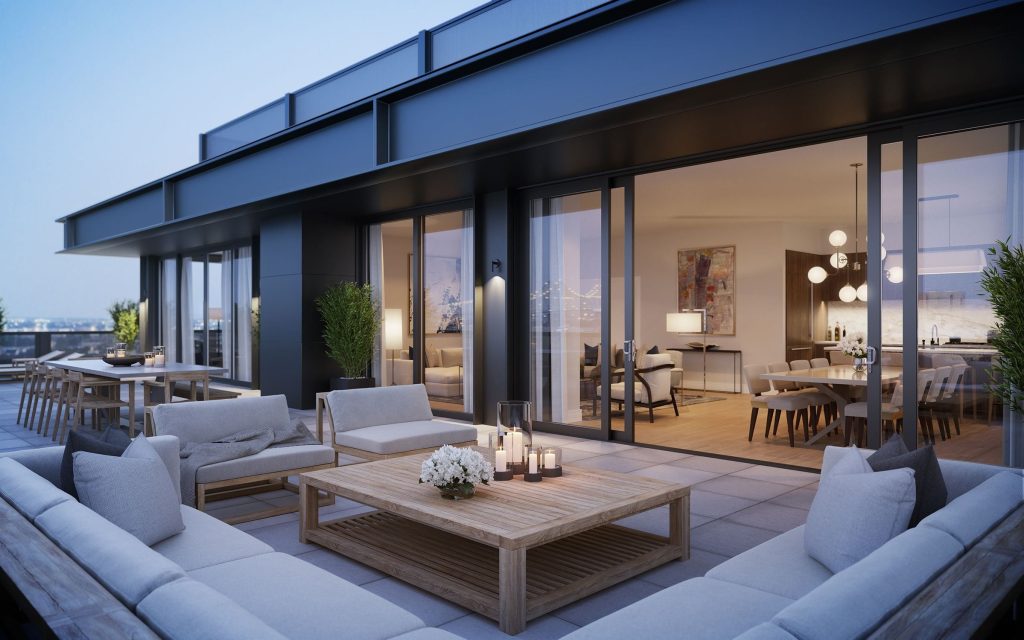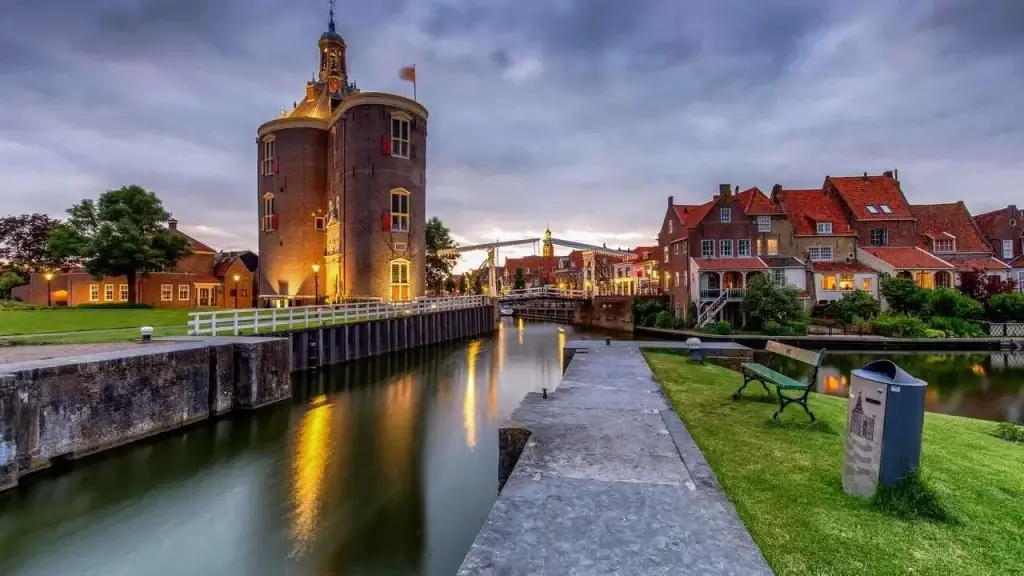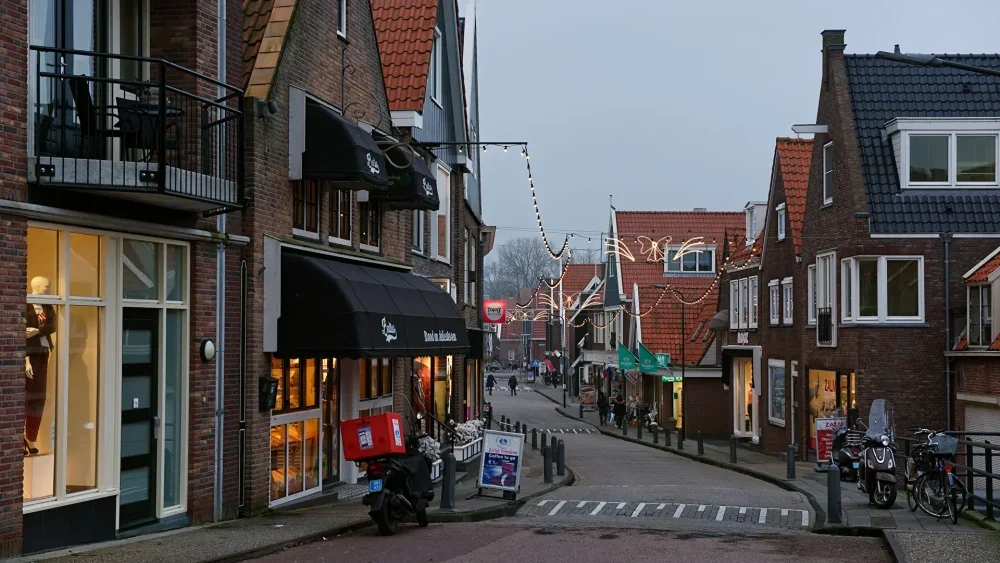The world has changed its attitude towards luxury. In the 21st century, luxury no longer screams, but rather exquisitely silences itself. This is how luxury housing operates: it does not require attention, but rather attracts it. Spaces where status, engineering, and absolute privacy converge have long ceased to be mere square meters and have become investment assets. The question of what constitutes luxury real estate is no longer abstract, as it encompasses a complex system of specific parameters, economic forecasts, and architectural solutions.
What is luxury real estate?
Luxury housing is not just an expensive apartment. The definition is formed by a set of characteristics that include:
-
Location in premium locations with limited access.
-
Low-rise club houses or small apartment towers.
-
A limited number of owners per building.
-
Exclusive architecture, individual facade solutions, and a premium entrance group block.
-
Designer finishes and non-standard layouts, from 150 sq.m and above.
-
Security, video surveillance, underground Parking, and luxury engineering equipment.
-
Infrastructure — indoor fitness clubs, spas, lounge areas, restaurants without public access.
Such parameters are not a formality, but an economically justified core of the segment. What is luxury real estate, if not the intersection of demand for security, rarity, and capitalization?
Classification: Types of Luxury Real Estate by Functionality and Architecture
 The variety of formats determines the market. The types of luxury real estate are distributed as follows:
The variety of formats determines the market. The types of luxury real estate are distributed as follows:
- Luxury apartments. Penthouses with terraces, panoramic glazing, and ceilings of 3.5 meters or more. They are often located on the upper floors of buildings up to 10 stories high. They have smart home systems, climate control, and acoustic noise insulation.
- Luxury houses. Cottages from 400 sq.m in a secure area within 10 km of the business center. Features include individual landscape design, multi-car garages, guest houses, wine rooms, and SPA areas.
- Luxury apartment-style housing. The format of private residences in hotel complexes managed by international operators. Includes concierge services, room service, full furnishings, and premium design.
The question of what constitutes elite real estate requires further elaboration, as the structure of the types determines the investment approach.
Space as an Asset: Key Parameters for Evaluation
Profitability indicators in the premium segment directly depend on several factors. Everyone influences the investment attractiveness:
-
Location: historic districts, waterfront, and view apartments.
-
The layout features free zoning, skylights, and panoramic windows.
-
Parking: the number of parking spaces should be at least 2:1 to the number of apartments.
-
Infrastructure — the presence of a fitness club, a SPA area, a restaurant block.
-
Security includes a closed area, security personnel, access control, and video surveillance.
-
Engineering equipment — supply and exhaust ventilation, anti-flood system, noise protection.
-
Design — original concepts from international bureaus.
From concrete to profit: investing in luxury real estate
The market has shown steady growth in the segment since 2017. The average rental yield varies from 5 to 9% per annum, while the average annual cost increase in the capital cities reaches 12% with the right choice of location. One example: an object in the historical center with a view of the embankment, bought for 2.4 million euros in 2020, resold in 2024 for 3.1 million euros. The return, including taxes and operating expenses, was 7.3% per annum. Investments demonstrate resilience to inflation, resilience to market fluctuations, and a high level of capital safety.
What is luxury real estate and why include premium housing in the portfolio? The segment provides:
-
Capital diversification.
-
Protection against currency volatility.
-
The opportunity to earn income from premium-level rentals.
-
High liquidity in closed investment circles.
-
Upgrade the status of the owner.
Difference of principles: the difference between luxury housing and business class
The segments are divided not only by price. The difference between luxury housing includes:
-
Architectural individuality instead of a typical facade.
-
Locations in quiet centers, not near busy highways.
-
Unique soundproofing and engineering technologies.
-
Personalized landscape by a landscape designer.
-
Individual layouts, where each apartment is unique.
Local focus: luxury real estate in the Netherlands
Amsterdam, The Hague and Rotterdam form a triad of premium destinations. The basis consists of:
-
Canal houses with historical finishes, completely renovated to luxury standards.
-
New residences with ventilation systems, geothermal heating, and a secure area.
-
Private villas near water channels with a mooring facility and a smart home system.
Properties from 2 million euros and above show growth of up to 15% over 3 years with stable rentals of about 6% per year. The high reputation of the Dutch registration system and legislation enhances investment confidence.
What is luxury real estate and how to choose it correctly
The following criteria must be met for effective capitalization:
-
Location in locations of limited supply.
-
A complex with resort-level infrastructure: fitness, restaurants, SPA.
-
The minimum number of apartments in a building is 30.
-
Author’s architecture and non-standard design.
-
Secure comfortable territory, landscape, Parking.
-
A steady increase in value over the past 3 years.
-
Professional management and service.
-
Legal transparency of the transaction.
It is these parameters that determine what luxury real estate is from the perspective of an investor’s strategy.
Is it worth investing in luxury real estate
 The market confirms that luxury housing retains liquidity in any economic environment. The segment is resistant to inflation and offers a high level of privacy, comfort and quality. What is investment in luxury real estate: investments bring not only income, but also inclusion in a narrow circle of owners of unique assets that preserve and increase capital in the long term.
The market confirms that luxury housing retains liquidity in any economic environment. The segment is resistant to inflation and offers a high level of privacy, comfort and quality. What is investment in luxury real estate: investments bring not only income, but also inclusion in a narrow circle of owners of unique assets that preserve and increase capital in the long term.
 en
en  ru
ru  de
de  ar
ar  es
es  nl
nl  hi
hi  fr
fr  it
it  pt
pt  el
el 









